How To Effectively Lead A Hybrid Or Remote Tech Team
Hybrid and remote work are no longer temporary solutions. They’re now standard practice across Australia’s tech industry, from federal government jobs to high-growth scale-ups. For leaders, this shift brings both opportunities and challenges: how do you build trust, foster collaboration, and maintain performance when your team isn’t always in the same room?
The truth is, leading hybrid and remote tech teams requires a different skillset than managing a co-located workforce. It demands clarity, empathy, and a focus on outcomes rather than hours. Done well, it can increase productivity, strengthen retention, and open access to talent well beyond your immediate geography.
Start with clear expectations
Every high-performing hybrid team starts with clarity. Employees need to understand what’s expected of them, how success will be measured, and how communication flows between office and remote settings. Setting consistent standards across the team helps avoid the perception that office-based staff are more visible or more valued.
This is especially important in government environments, where projects are often complex, involve multiple stakeholders, and operate under strict compliance requirements. By focusing on outcomes and measurable objectives, leaders can keep accountability fair and consistent, regardless of where people are working.
Build connection intentionally
One of the risks of hybrid and remote work is cultural isolation. Without water cooler conversations or casual office interactions, relationships can weaken and silos can form. Leaders must actively create opportunities for connection. That might mean scheduling regular team check-ins, encouraging informal catch-ups, or using collaboration tools to keep conversations flowing.
Connection also extends to visibility. Remote employees need to feel included in decision-making, not just updated afterwards. Hybrid leaders who foster open communication and ensure everyone has access to the same information will build stronger, more cohesive teams.
Balance culture with capability
Hiring the right people for a hybrid or remote team is about more than technical skills. Self-motivation, communication style, and adaptability are critical traits that influence long-term success. Recruitment partners like Emanate Technology help organisations assess for both culture and capability, ensuring new hires align with business values while bringing diversity of thought and skills.
Candidates considering roles in the public sector should also be aware of additional requirements, such as security clearances. For government teams, trust and compliance are non-negotiable, and leaders must be prepared to integrate these processes into their onboarding strategies.
Lead with agility
The pace of technological change means leaders can’t afford to be rigid. Legacy systems, new digital platforms, and evolving cyber risks all require teams to adapt quickly. Agile leadership means staying flexible, listening to feedback, and adjusting strategies when needed. It’s about being proactive rather than reactive.
Leaders in government and enterprise environments often manage large programs of work where delays can have wide-reaching impacts. In these settings, agility also means being prepared to reprioritise projects, redeploy talent, and keep momentum even when external factors shift.
Use data to guide decisions
Hybrid work creates new dynamics around productivity and performance. Rather than focusing on time at desks, effective leaders track measurable outcomes. This could include delivery milestones, system performance, client satisfaction, or adoption metrics for new platforms.
For example, Emanate’s salary and market insights show that roles in cloud engineering, cyber security, and data analytics continue to command strong demand across the government and private sectors. Leaders who understand these market shifts can anticipate skills gaps within their teams and plan accordingly.
Partner with the right support
Managing hybrid teams is complex, but you don’t have to do it alone. Specialist recruiters can provide market advice, facilitate candidate matching, and handle the operational elements of hiring, such as contracts, compliance, and onboarding. For public sector clients in particular, working with a partner who understands the nuances of government recruitment can save time, reduce risk, and improve hiring outcomes.
At Emanate Technology, we work across eight core specialisations in tech and have deep networks in both government and commercial markets. Our role is to act as a true partner, helping you attract, assess, and retain the best talent for hybrid and remote teams. You can learn more about how we work with clients here.
The future of hybrid leadership
Hybrid and remote work are not just trends. They represent a long-term change in how technology teams operate. For leaders, success lies in being clear, connected, adaptable, and strategic. By combining cultural alignment with technical capability, and by leaning on trusted partners where needed, organisations can unlock the full potential of their teams.
If your business is building or scaling a hybrid tech team, now is the time to get the right support. Explore our public sector recruitment expertise or speak to our consultants today to find out how Emanate Technology can help you lead effectively in a flexible, future-focused world.






